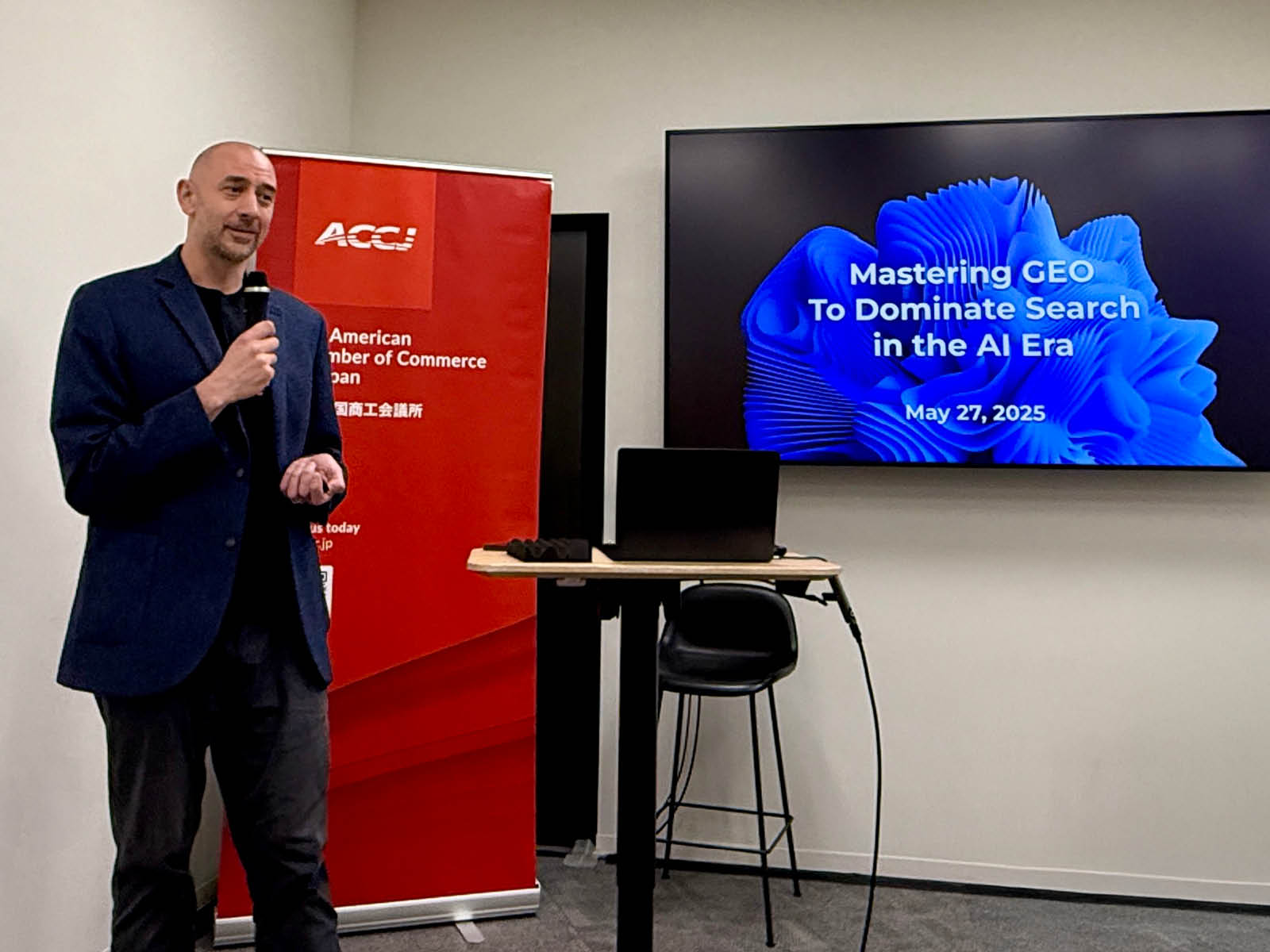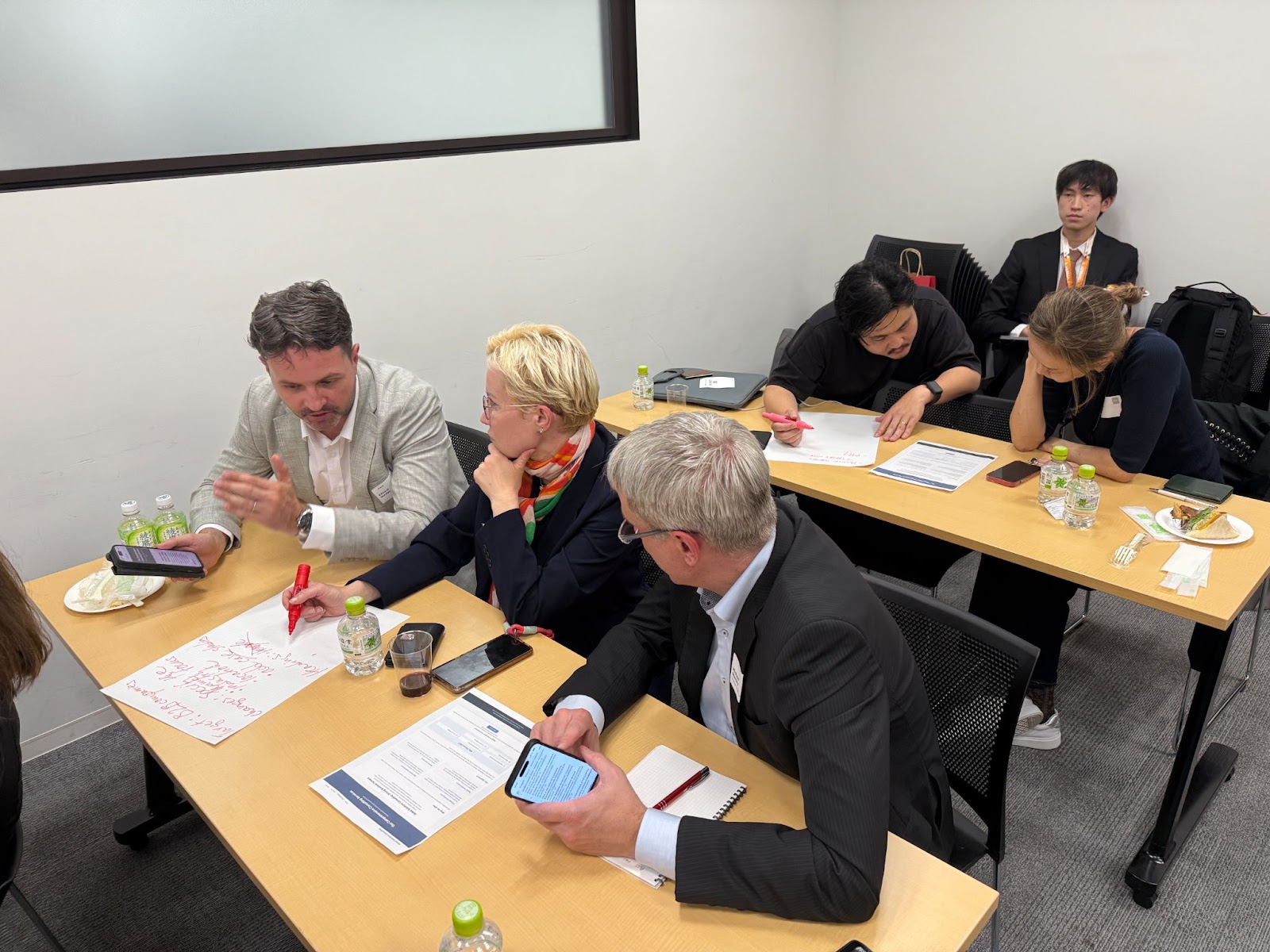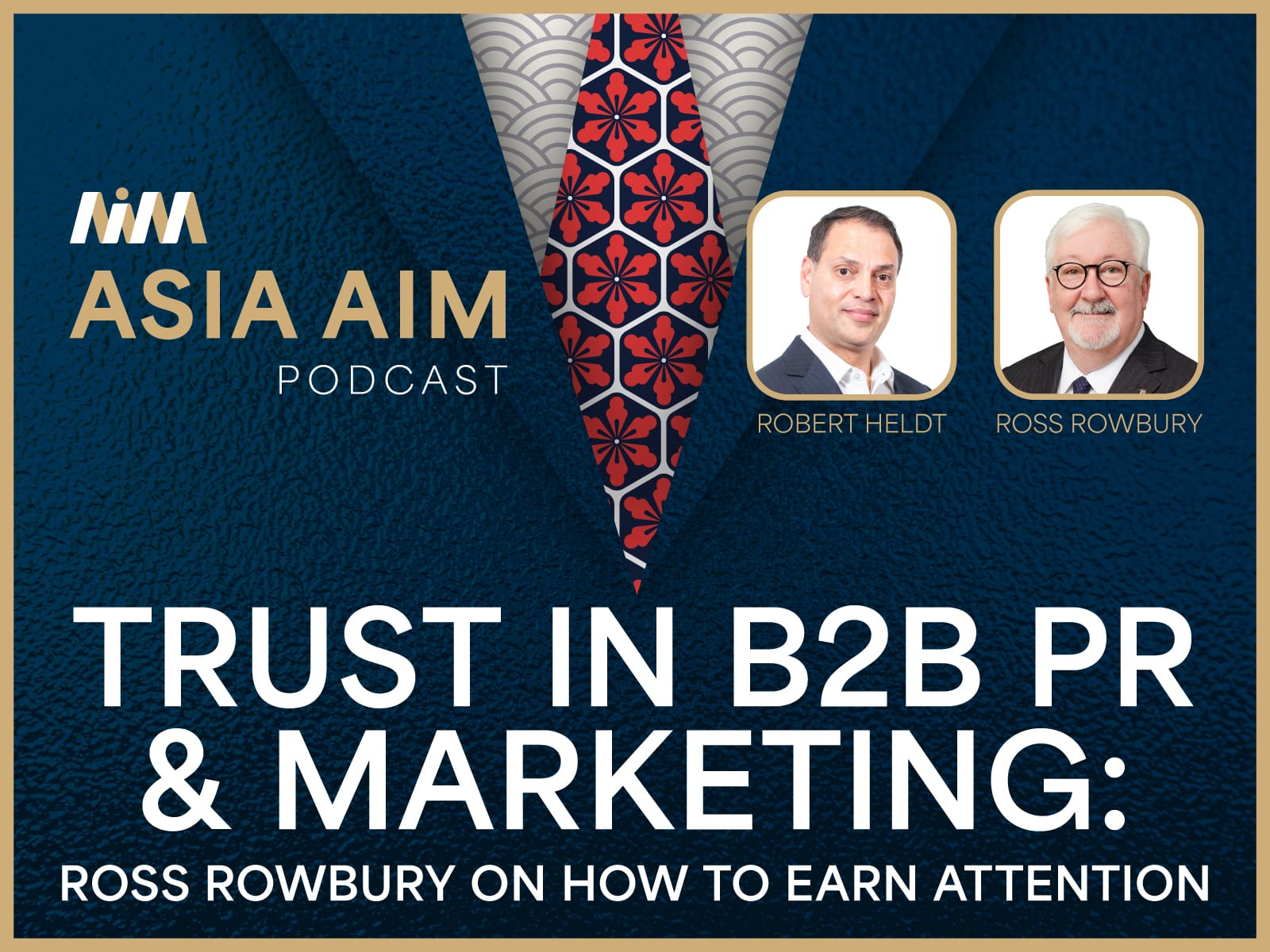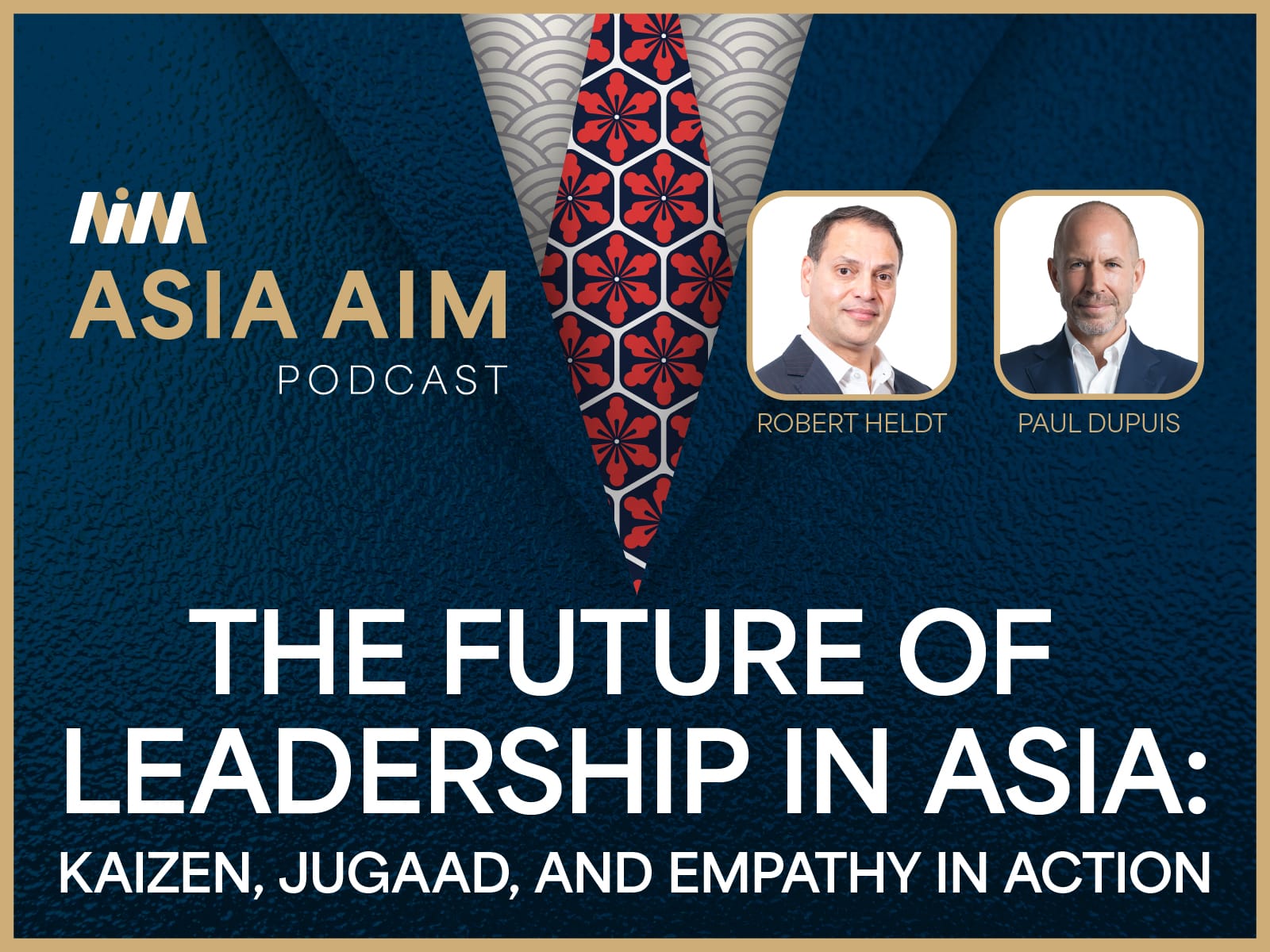
Mastering GEO: The Next Frontier in AI-Powered Search
As AI continues to reshape the digital marketing landscape, a new discipline is emerging at the forefront: Generative Engine Optimization (GEO).
At our recent workshop, Master Generative Engine Optimization (GEO) and Dominate Search in the AI Era, Tokyo’s top marketing and communication professionals came together to dive deep into the future of content visibility in the age of AI-powered search.
Led by Sam Bird, COO of Custom Media, and Aeris Wongso, our Digital Marketing Coordinator, the event offered a comprehensive introduction to GEO—what it is, why it matters and how to implement it effectively. With hands-on workshops, fresh insights and practical strategies, attendees left equipped not only to keep pace with change, but to stay ahead of it.
“There’s no set playbook yet for GEO,” said Sam. “This workshop was about building one together. It’s exciting to be part of this shift with so many forward-thinking professionals who want to lead, not just adapt.”
GEO: A Shift You Can’t Ignore
The session kicked off by examining the major shift from traditional search engine behavior to AI-driven platforms such as GPT. Sam broke down how generative engines are changing the way users discover and engage with content, emphasizing that marketers can no longer rely solely on SEO tactics designed for Google.
GEO, he explained, is about optimizing content so that it surfaces in the prompts and outputs of AI models, a fundamentally different approach that demands a rethink of keyword strategies, content structure and performance metrics.
GEO vs. SEO: It’s Not Either/Or
While GEO is still new, it’s not about abandoning SEO altogether. Instead, the session explored how the two can complement one another. Sam walked participants through examples that showed how AI-generated search results differ from traditional search listings and what that means for brand visibility. Understanding this distinction is crucial: if SEO gets you found on Google, GEO ensures your brand stays relevant in the rapidly growing world of AI-based discovery.
Designing Data-Driven GEO Experiments
A highlight of the event was the practical, step-by-step guide to creating and testing GEO strategies. Attendees learned how to build experiments that provide meaningful data, from formulating hypotheses to selecting performance metrics. Sam emphasized the importance of iteration and experimentation to refine content that truly connects with AI-powered audiences.

Knowing whether your GEO content is working requires new tools and ways of thinking. Aeris Wongso provided a clear overview of how to track performance with AI platforms, covering key indicators that reveal whether your content is being recognized and recommended by generative engines.
She also shared examples of how follow-up questions and secondary prompts can lead to deeper buyer engagement, highlighting the importance of structuring content to facilitate extended, intelligent conversations.
“GEO is still in its early stages, but it’s already clear that it will redefine how we think about content strategy,” she said. “What excited me most about this event was seeing marketers from different industries come together to explore how we can shape the future of AI-powered search, not just react to it.”
“The workshop went really well,” said Sam. “The attendees were really engaged with the topic and the activities. There was a lot of stimulating discussion on the future of Search and AI and how to ensure you’re not left behind. We received a lot of positive feedback and it was a great way to connect with peers in the marketing and communications space.”
Ready for What’s Next
The event closed with a forward-looking discussion on what marketers can do today to prepare for tomorrow’s search behaviors. Key takeaways included:
- Structuring website content to help large language models “understand” your brand
- Crafting content with clarity and intent to make AI outputs less robotic and more relatable
- Creating interconnected content ecosystems that drive longer user journeys
The workshop ended with a collaborative breakout session where participants designed their own GEO experiments tailored to their organization’s goals. Attendees shared ideas, asked sharp questions and walked away with blueprints ready to test.
Key Takeaways: How to Optimize Content for AI
Couldn’t make the workshop? Here’s what you need to know from our key takeaways.
Think GEO as an evolution of your current SEO efforts. The good news? Many foundational best practices still apply—with a few critical additions for the AI era:
1. Continue Excelling at the Fundamentals:
- High-Quality Content is King: Keep creating valuable, trustworthy content that directly answers your audience’s questions.
- Solid SEO Foundation: Maintain technical SEO, quality backlinks, schema markup and relevant keywords.
2. Make Your Content AI-Friendly:
- Clear and Structured: Use headers, bullet points and summaries to make content easier for large language models to parse.
- Direct Answers First: Address common questions near the top of relevant sections.
3. Showcase E-E-A-T (Experience, Expertise, Authoritativeness & Trustworthiness):
- Original Insights: Share your real-world experience, unique data and expert viewpoints.
- Build Trust: Demonstrate thought leadership and consistency across your content ecosystem.
4. Expand Your Definition of Success:
- Track AI Mentions: Monitor how often your content is cited in AI Overviews or LLM-generated outputs.
- Watch New Traffic Sources: Understand how users discover your brand through AI-powered platforms.
As AI reshapes how users find and engage with content, mastering GEO is no longer optional, it’s essential. Our recent workshop equipped Tokyo’s marketing professionals with the tools, insights and hands-on experience needed to embrace this shift with confidence.
Looking for an integrated B2B Marketing agency that gets Japan? Contact us to learn how we can help your business thrive in this complex market.


